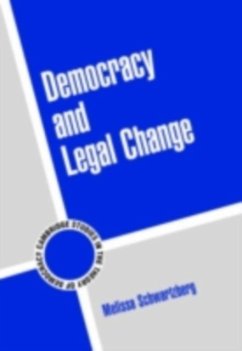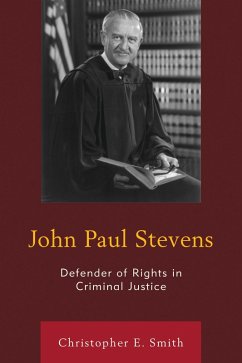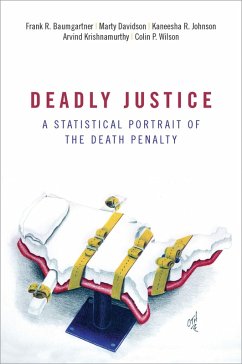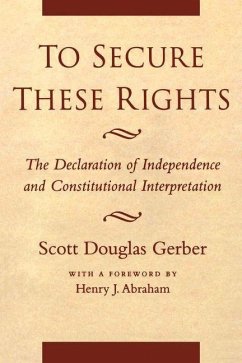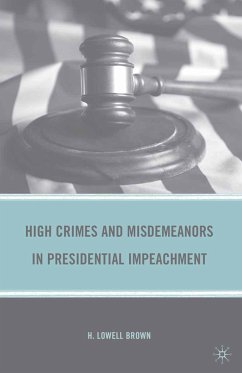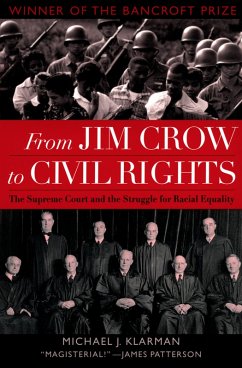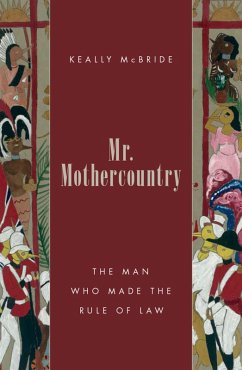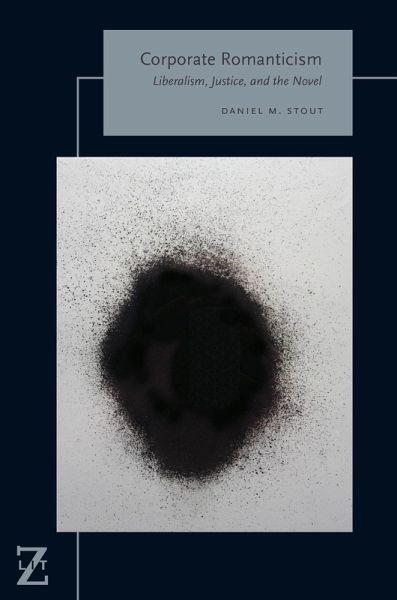
Corporate Romanticism (eBook, PDF)
Liberalism, Justice, and the Novel
Versandkostenfrei!
Sofort per Download lieferbar
20,95 €
inkl. MwSt.
Weitere Ausgaben:

PAYBACK Punkte
10 °P sammeln!
Corporate Romanticism offers an alternative history of the connections between modernity, individualism, and the novel. In early nineteenth-century England, two developments-the rise of corporate persons and the expanded scale of industrial action-undermined the basic assumption underpinning both liberalism and the law: that individual human persons can be meaningfully correlated with specific actions and particular effects. Reading works by Godwin, Austen, Hogg, Mary Shelley, and Dickens alongside a wide-ranging set of debates in nineteenth-century law and Romantic politics and aesthetics, Da...
Corporate Romanticism offers an alternative history of the connections between modernity, individualism, and the novel. In early nineteenth-century England, two developments-the rise of corporate persons and the expanded scale of industrial action-undermined the basic assumption underpinning both liberalism and the law: that individual human persons can be meaningfully correlated with specific actions and particular effects. Reading works by Godwin, Austen, Hogg, Mary Shelley, and Dickens alongside a wide-ranging set of debates in nineteenth-century law and Romantic politics and aesthetics, Daniel Stout argues that the novel, a literary form long understood as a reflection of individualism's ideological ascent, in fact registered the fragile fictionality of accountable individuals in a period defined by corporate actors and expansively entangled fields of action. Examining how liberalism, the law, and the novel all wrestled with the moral implications of a highly collectivized and densely packed modernity, Corporate Romanticism reconfigures our sense of the nineteenth century and its novels, arguing that we see in them not simply the apotheosis of laissez-fair individualism but the first chapter of a crucial and distinctly modern problem about how to fit the individualist and humanist terms of justice onto a world in which the most consequential agents are no longer persons.
Dieser Download kann aus rechtlichen Gründen nur mit Rechnungsadresse in A, B, BG, CY, CZ, D, DK, EW, E, FIN, F, GR, HR, H, IRL, I, LT, L, LR, M, NL, PL, P, R, S, SLO, SK ausgeliefert werden.





